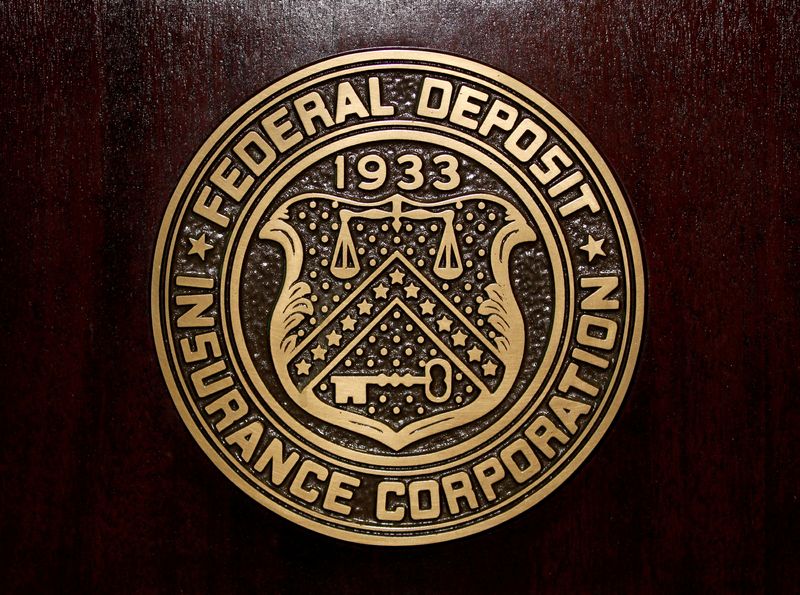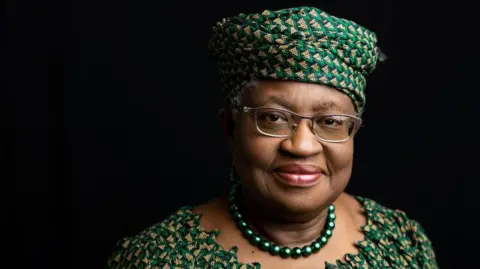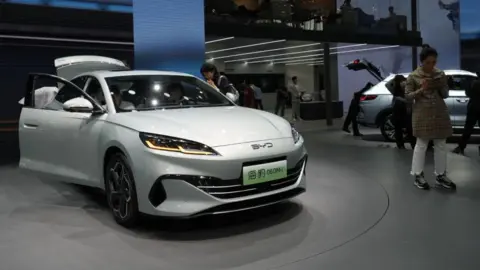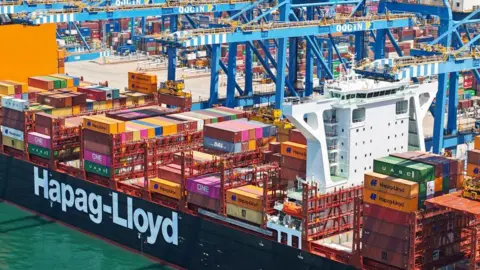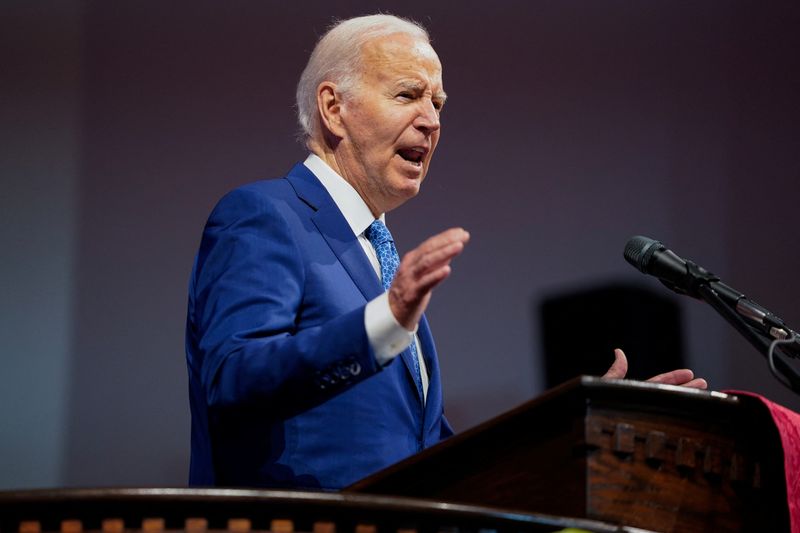France’s anti far-right alliance is on track to halt the rise of Marine Le Pen’s Rassemblement National, in a snap parliamentary election that leaves the Eurozone’s second-largest economy in limbo over its next government.
Provisional estimates from four pollsters suggest the RN, which was hoping to secure an outright majority in the National Assembly, may have been pushed into second or third place by a surge in support for the left.
The projections suggest the leftwing alliance Nouveau Front Populaire (NFP) could become the largest parliamentary force with anywhere from 170 to 215 seats, according to Ipsos, Ifop, OpinionWay and Elabe.
But President Emmanuel Macron’s centrists were running close behind, with pollsters predicting ranges of 140 to 180 seats, a big drop from the roughly 250 they held in the outgoing National Assembly.
No single bloc has come close to securing an outright parliamentary majority, according to the estimates.
The projections come after the NFP was hastily formed between the far left La France Insoumise (LFI), the centrist Parti Socialiste (PS), the Communists and Greens a month ago, to help block the RN from power.
There were gasps of horror and tears at the RN electoral party as the first results estimates came in on Sunday.
A stunned silence replaced flag waving and chants that came after last week’s first round in the parliamentary election.
Jean-Luc Mélenchon, chief of the hard left LFI, has called on Macron to offer the NFP the opportunity to form a government. “The will of the people must be strictly respected . . . The defeat of the president and his coalition is confirmed,” he said.
The polls were met with elation at the PS election event in Belleville, Paris, with chants of “front populaire” and a round of La Marseillaise.
“It’s brilliant, of course it’s brilliant,” Nicolas Mayer-Rossignol, the PS mayor of Rouen and a leading figure in the party, told the Financial Times.
The projected results suggest that the co-ordinated anti-RN strategy, under which the left and centre tactically withdrew their candidates from run-off ballots, had paid off.
After the first round, Le Pen was confidently predicting that a governing majority was within the RN’s reach.

If confirmed in final voting tallies, the projections suggest that none of the three main blocs will be able easily to command a governing majority, potentially leaving France in a period of political gridlock.
The uncertainty will have repercussions both for France and the EU, given Paris’ outsized role in influencing the bloc’s policy, together with Germany.
Financial markets had been jittery before the first round when the RN was polling strongly, but have since calmed as a hung parliament appeared more likely.
The NFP has proposed a heavy tax-and-spend economic programme, which would be a major break with Macron’s business friendly agenda and tax-cutting zeal.
In the French system, the president chooses the prime minister, who typically comes from the party with the biggest delegation in the National Assembly even if it does not have an outright majority.
Macron could seek to cobble together a coalition of MPs from different parties on the left, centre and right, but excluding the RN and the far-left LFI.
Such an arrangement would amount to a “cohabitation”, and forging this kind of deal might prove difficult given the parties’ wide policy differences.

A last resort would be naming a technocratic government to be led by an experienced but non-partisan figure, although this is not at all in the French political tradition.
While the pollsters’ projections are far better than expected for Macron, his authority will still emerge weakened from the snap election.
Macron in June took a gamble in calling for the early vote after his centrist Ensemble alliance was trounced by Le Pen’s RN in European parliamentary elections.
The president defended the move, which stunned and angered many even in his own camp, as a necessary moment of “clarification”.
Bernard Sananes, head of Elabe, said: “It’s the victory of the Republican Front. Vote transfers have been excellent. Where the RN was in the second round, turnout increased.”


